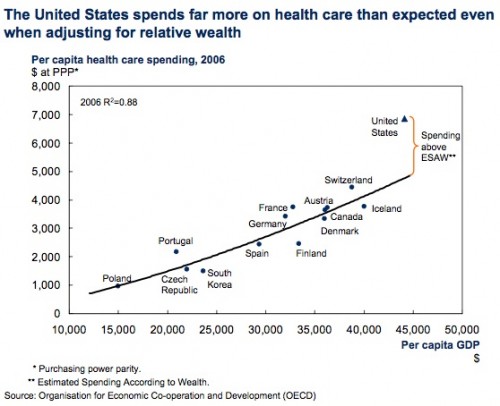First, let's get the most important thing out of the way: Benjamin Franklin Butler was short, ugly, and wall-eyed. Stephen Douglas and Alexander Stephens were short, Lincoln was ugly, and while I'm not aware of any Civil War era politicians with strabismus, there surely must have been a few.
But poor Ben had it all, and was pudgy to boot. The tall and handsome are not mocked, and so even the most foolish of them seem to have decent historical reputations. Short ugly people are screwed in that department.

Plus, Ben was not a good general. A political general, he managed logistics well enough, but feared combat, like many other generals did. He failed Grant during Grant's big push toward Richmond in the spring of 1864, but then, so did Sigel and Banks. Success is war is second only to handsomeness as a means of historical approval.
Butler was called to mind by an interesting article in last Sunday's NYT Magazine, about the first slaves to escape across the lines to Union troops early in the Civil War, and Butler's brilliant improvisation of calling them "contrabands of war", thus creating a formula that allowed for freeing escaped slaves without dealing with legal issues of property and reparation.
Ben Butler was involved in many other interesting events in the middle of the nineteenth century. In 1853, just before his inauguration, Franklin Pierce witnessed the death of his 11-year-old son in a railway accident. Pierce's wife, Jane, hired Butler to defend the railroad. She regarded the accident as a judgment from God. Note: this is largely from memory, and it's hard to find a reference to this incident online.
He then, exceeding his authority, commanded troops that held Baltimore in the early days of the war, helping keep Maryland in the Union.
After his "contraband" improvisation, he commanded the occupation of New Orleans. His actions there, ranging from bold to deliberately provocative (notably, General Order 28), led to his execration throughout the South, and is probably what most people know him for.
After the war he managed the impeachment of Andrew Johnson, wrote several important Civil Rights acts, promoted payment in greenbacks, and entertained and irritated people in a number of public offices, including governor of Massachusetts. He also ran for President.
Years ago, American Heritage ran a striking photograph of a bizarre elevated railway , with Butler sitting pretty in the middle of a gaggle of local notables. I can't find the photograph itself, but the description of it is here. That Butler is associated with an eccentric form of transportation is a sign--I had forgotten all about that picture when I started writing this post.
Here is a picture of the railway, from this obituary of the inventor.

Benjamin Butler is more interesting than most historical characters who make appearances in historical novels. I think it's time to rehabilitate him. And give him a ride on a steam-powered monorail.


 Only the top hat is left, but the lust for lucre remains.
Only the top hat is left, but the lust for lucre remains.

